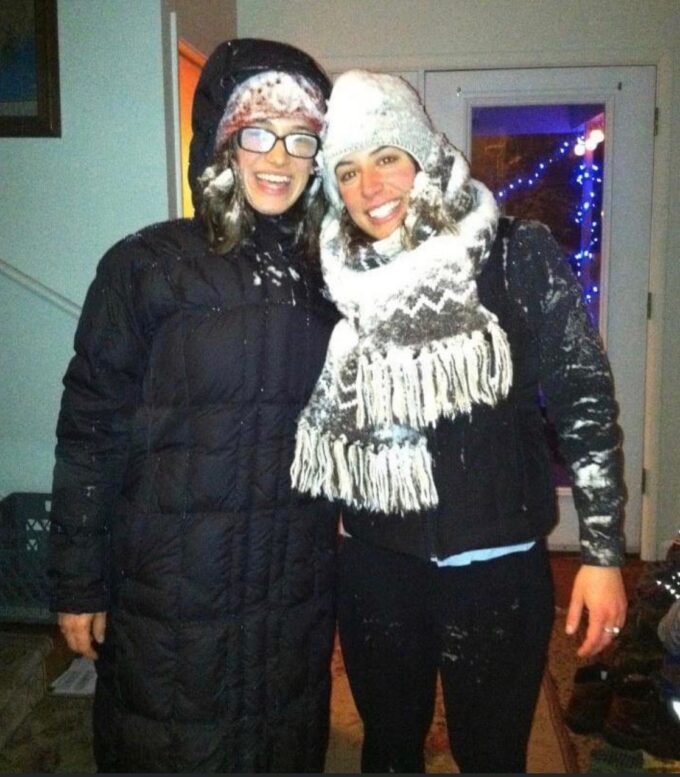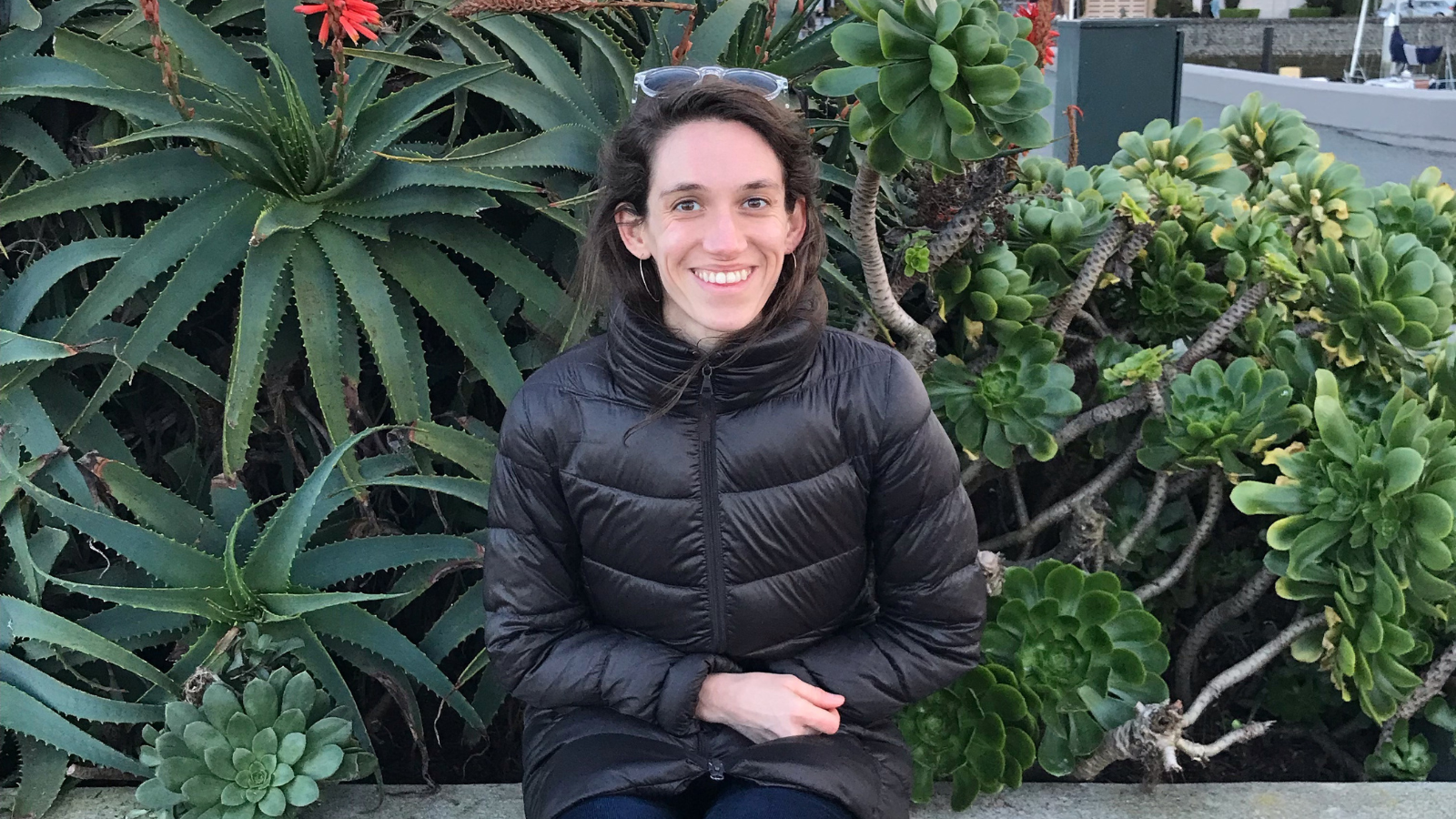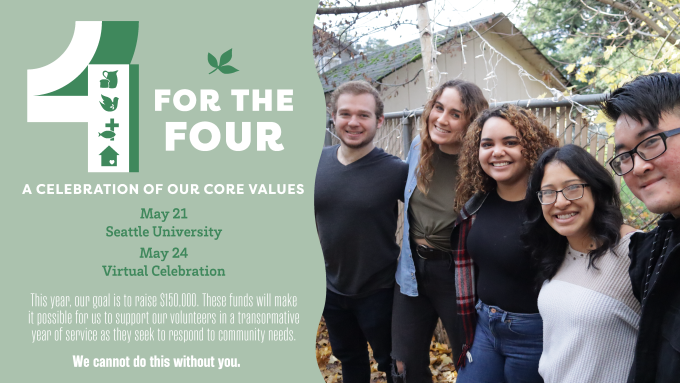Miranda Rose Hall (she/her) spent two years with Jesuit Volunteer Corps Northwest, serving residents of a long-term care and end of life facility in Anchorage, AK (‘11-12) and residents of a domestic violence shelter in Missoula, MT (‘12-13). Miranda now lives in Brooklyn, NY and works as a playwright and television writer. Miranda has written numerous works that have been produced nationally and internationally, including Plot Points in Our Sexual Development (finalist for the Lambda Literary Award in Drama), The Kind Ones, and A Play for the Living in a Time of Extinction, which is currently touring in Europe as part of the Sustainable Theatre? project conceived of by British director Katie Mitchell and French choreographer Jérôme Bel. She holds degrees from Georgetown University and the Yale School of Drama.
How has your experience as a Jesuit Volunteer influenced the work you do now?
In so many ways! In a very literal way, I’m often writing about things I experienced as a JV. I’ve written one audio play about a day in the life of the facility where I worked in Anchorage, and a “gift play” for one of the women I met in shelter in Montana. I wrote my thesis play in grad school about a Jesuit in Alaska. The roots run very deep. But I also think that the questions I was asking as a JV—that we were asking as JV communities—still shape the core of what I’m most deeply interested in as a person, and they come up again and again in my writing. How do we care for each other? What does it mean to live a moral life? How do we build relationships, and withstand the complexity of intimacy? How do we nurture, and perhaps repair, the ties that bind? What does it mean to be vulnerable? How does a person access the Divine? What is our responsibility to all of creation? How many fart jokes do we need to tell to make it through the winter?

Miranda Hall (left) with community mate Sarah Brewster (Anchorage, AK ‘11-12, Portland, OR ‘12-13)
What role do you think theater plays in advancing equity and justice in our world?
Theater can’t do the work of direct service in the way that so many JV positions do, but it can shape culture. And culture determines how we live, what we pay attention to, and how we care—or don’t care—for one another.
A few of your works focus on themes of climate change and ecological justice. How do you approach writing about a topic that is so important yet daunting to many people?
Oh, it keeps me up at night! And writing helps me metabolize the questions that keep me up at night. In 2018 my theater company, LubDub Theatre Co, committed to making a cycle of work that can respond to climate chaos through fictional, narrative storytelling. We read an incredible book by Amitav Ghosh called The Great Derangement. He basically asks why writing about climate should be relegated to nonfiction and apocalyptic science fiction, and why the humanities – which attempt to explain life to the living – aren’t able to contend with the magnitude and messiness of our environmental realities. So that prompt has been a profound anchor for me. And I think that I am always seeking spaces that can attempt to hold the grief, rage, and confusion of the world, and temper them with community, beauty, and grace. It sounds a bit like church, I suppose, and like JVC Northwest. It’s also been fun to invent new systems of working. The European productions of this play must be able to go completely off-grid. They’ve developed a system where bikes and cyclists power all of the electricity for the lights, sound, and projections of the play. It’s really pretty amazing. Being able to meet crisis with play and imagination always helps to take the edge off.
What’s next on the horizon for you?
I am currently writing commissions for Yale Repertory Theatre and LCT3/Lincoln Center Theater. One is about ladies in a church basement making sandwiches after an extreme weather event, the other is about medieval lesbian teenage nuns.
Want to be featured or to nominate someone to be featured as our next FJV Spotlight? Click here to let us know!


